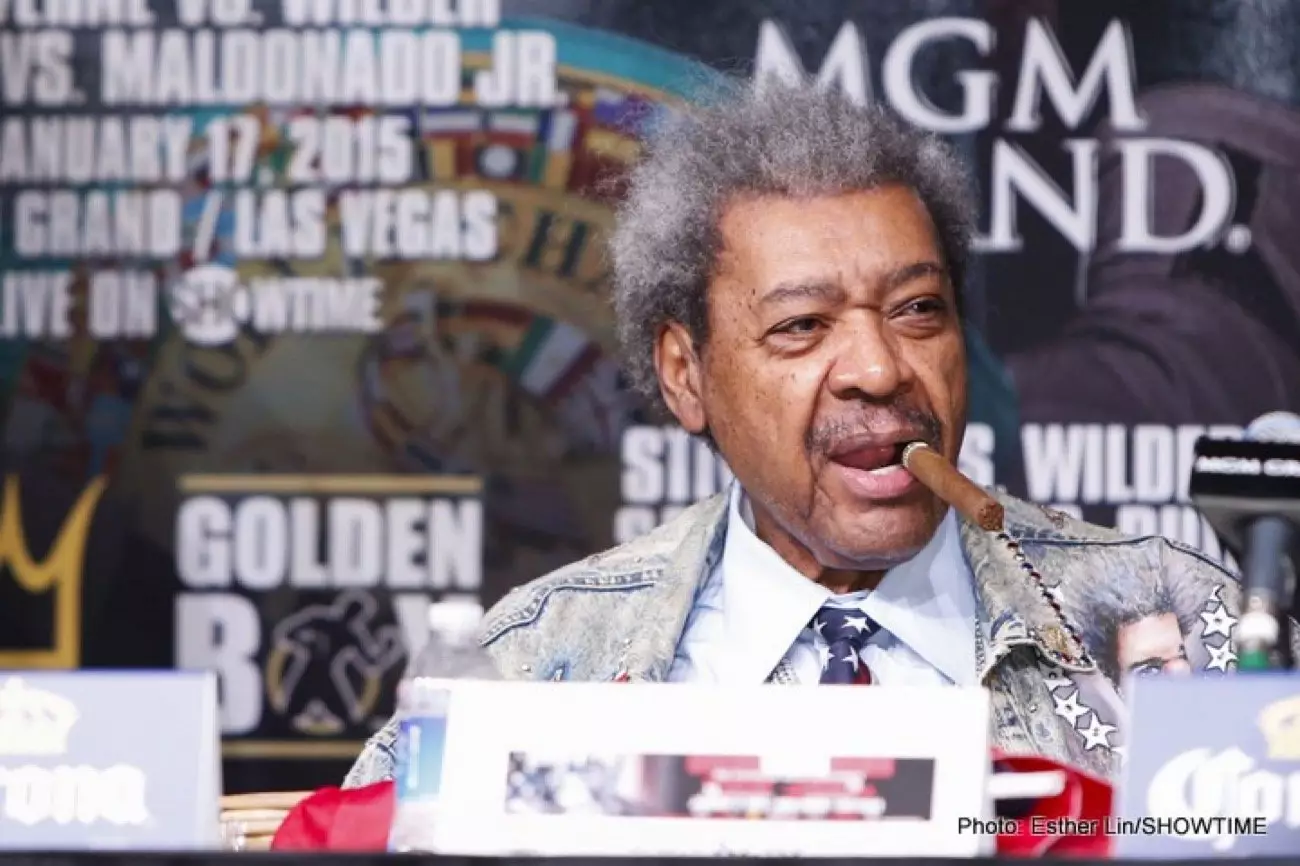In the chaotic realm of professional boxing, few elements spark as much ridicule as the WBA’s convoluted title system. The announcement of the matchup between Kubrat Pulev and Michael Hunter for the WBA “Regular” Heavyweight Title epitomizes the absurdity that has plagued the sport. This title, touted as a championship, has become synonymous with irrelevance, resembling a participation trophy more than a genuine accolade. The spectacle of this fight showcases how the WBA has transitioned from a regulatory body into a purveyor of meaningless accolades, piling on belts as if they were party favors in a long-forgotten carnival.
The dilapidated state of the WBA illustrates a deeper issue in boxing. The organization has long operated like a collector of trophies, handing out numerous “titles” as though they were currency in their own bizarre economy. With their constant rebranding of champions—Super, Regular, Interim, Gold—it’s easy to conclude that they prioritize financial gain over the integrity of the sport. The WBA’s fixation on generating sanctioning fees creates a false hierarchy where fans and fighters alike struggle to discern what makes a champion truly deserving of the title they wear.
Don King: A Relic of Old-School Promotion
Amid this chaos, the old-school promoter Don King has resurfaced, causing both amusement and disbelief. King’s latest endeavor—winning a $1.1 million purse bid for a fight that practically no serious boxing fan cares about—serves as a bizarre nod to a bygone era. It’s almost nostalgic to see him operate in an age dominated by digital marketing and social media influencers. King remains stuck in a time warp, utilizing outdated methods like fax machines and landlines to conduct business, while the boxing world has largely pivoted to online streaming and viral promotion.
Don King’s dedication to the sport is evident, but his methods raise eyebrows. His promotion of this match feels like a theatrical farce, staging fighters who have largely faded into obscurity. King, now 93 years old, seems to relish in his role as a chaotic force—an embodiment of a time when fighters were marketed based on charisma rather than social media appeal. However, King’s persistent presence is akin to a glitch within the boxing matrix, shining a light on both the potential absurdity and charm of the sport.
Misleading Promotions Masking Mediocrity
The matchup of Pulev and Hunter is remarkable not for its glamour but for the unremarkable nature of its contenders. Pulev, now 44, is a shadow of his prime self, last making headlines nearly a decade ago after a loss to Wladimir Klitschko. His continued participation in the sport feels like a long-term contract simply to secure seniority over younger, more deserving talent. Likewise, Michael Hunter’s presence in this bout exemplifies a frustration for fans; his accolades, like winning the WBA “Gold” title, lack the prestige associated with serious competitors and resonate more like consolation prizes.
The WBA’s hyping of this fight as a significant event is laughable given its context. What they are attempting to present as a major title bout between two fighters past their peak is nothing short of a retirement exhibition. Rather than fostering emerging talent and facilitating actual championship bouts, the WBA has exchanged quality for quantity—championships designed less as tests of skill and more as vehicles for revenue across their endless series of belts. This brand of promotion is anything but noble.
The Dystopian Reality of Boxing’s Title System
The boxing landscape today is fraught with contradictions, especially evident in events like Pulev vs. Hunter. The match, stripped of any meaningful prestige, reveals an uncomfortable reality where titles are simply tools for financial gain—a physical representation of the sport’s current state of disrepair. Instead of diligently preserving the honor of championship belts, the WBA allows mediocrity to prevail, effectively downgrading the significance of their titles to mere embellishments around fighters’ waists.
As the sport spirals deeper into commercial chaos, the narrative surrounding boxing begins to shift. The romantic allure of championship glory has been tarnished, replaced by a proliferation of irrelevant matches wrapped in flashy promotional packaging. This change highlights a critical reflection needed within the sport, as it grapples with maintaining its identity amidst an increasingly chaotic landscape.
Ultimately, the spectacle surrounding Pulev vs. Hunter signals a crying need for reform and revitalization in boxing—a wake-up call that the sport cannot continue to skate by on the novelty of its past while neglecting the demands of its present and future.


Leave a Reply